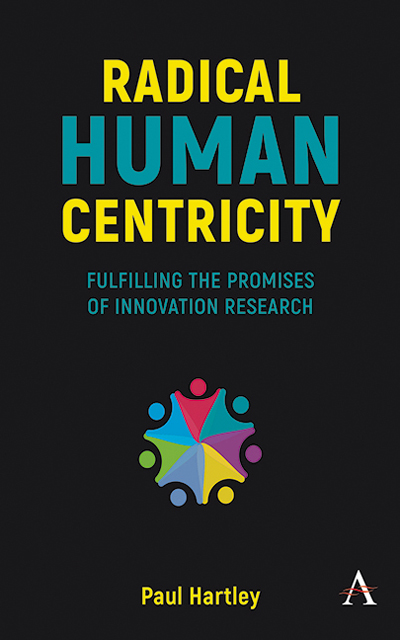Summary
The first step is to work on your own practice to maximize what you will accomplish in field. It is important to begin by understanding why research is needed in the first place. Usually, innovation and commercial research projects are initiated for good reasons. Sometimes they do not. Knowing the difference is a key piece in planning a solid piece of customer/user research. Good reasons involve a genuine curiosity about the world and a desire to use the results of the research to make the world a better place. They can also include a clear need to fill a lack of information about a particular group of people, a specific behavior, or an unknown or emerging market that requires new approaches to address. Bad reasons are more numerous. From my experience, they include a desire to address a political situation in a company (which in the case I witnessed involved disproving a VP's opinion), testing a commonly held, but fictitious belief (that millennials and generation Z are drastically different from other consumer groups), or to conduct a research program that has already been conducted and well documented elsewhere. More egregious examples of bad reasons include conducting research just to “cover your butt,” to develop reductionist perspectives on consumers (such as poorly constructed personas or segments) in order to avoid doing other kinds of research, or to run a cheaper research program to avoid doing it correctly. I am using these examples to make it clear that the first step in conducting a radically human-centric research program is to decide if the research is needed at all. If there are solid, honest reasons, then you should do research. If there are not, it is better to just leave people alone to live their lives in peace.
The second step is to scope the project properly. This means spending the time to carefully match the goals of the project with the approach and methods you will use to accomplish them. Scoping research is not about deciding how much money to spend, how much time to devote, or how many people to recruit.
- Type
- Chapter
- Information
- Radical Human CentricityFulfilling the Promises of Innovation Research, pp. 159 - 187Publisher: Anthem PressPrint publication year: 2022



